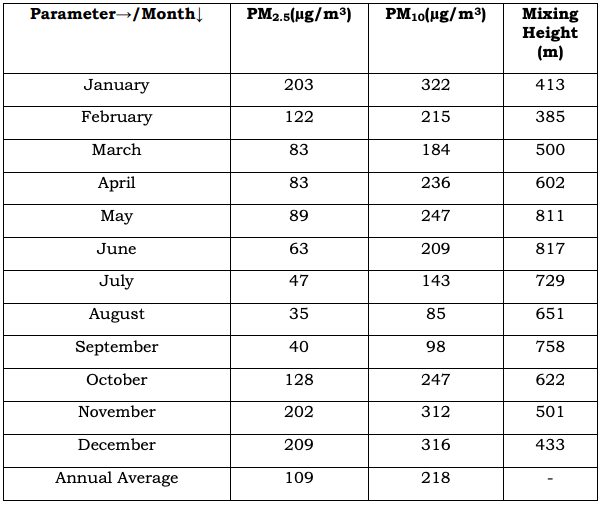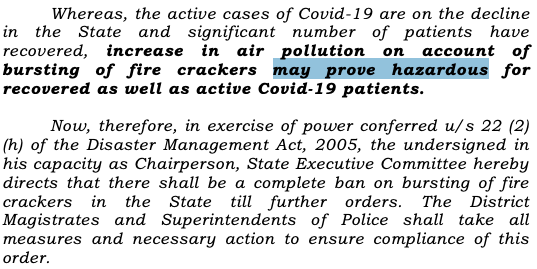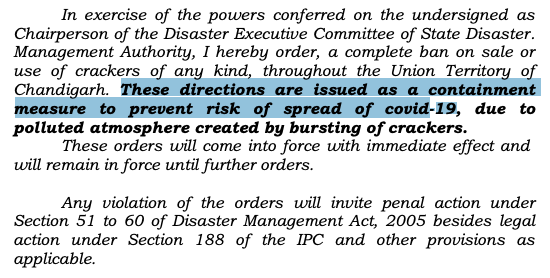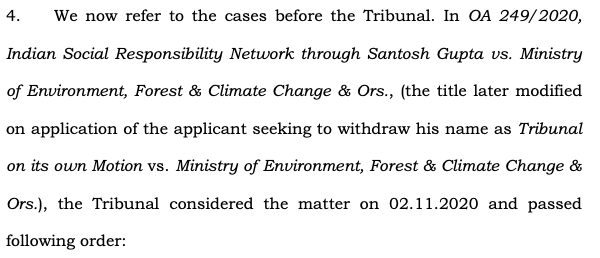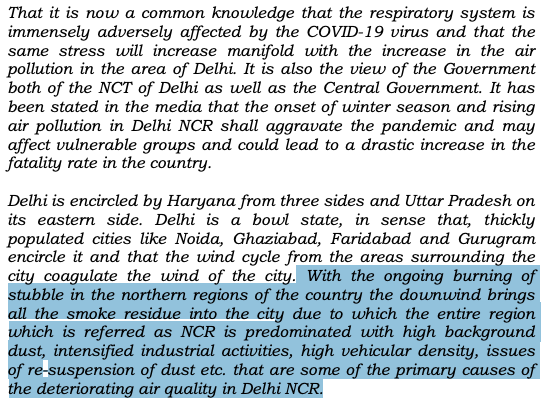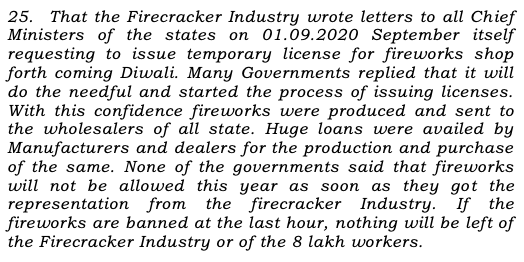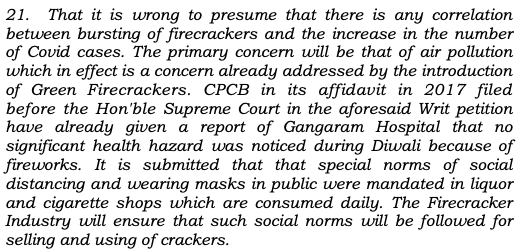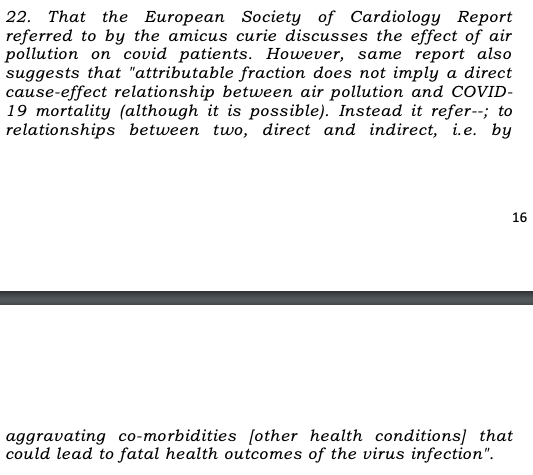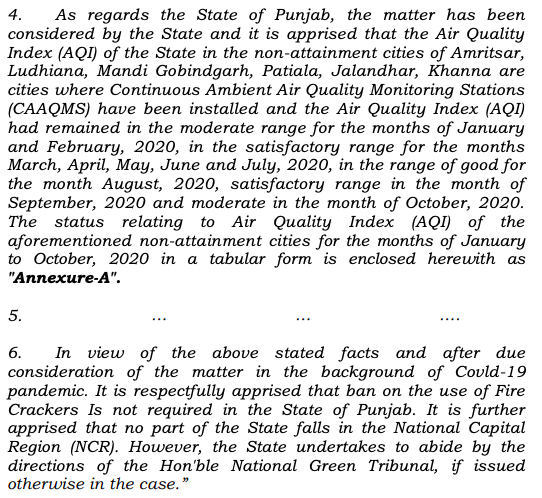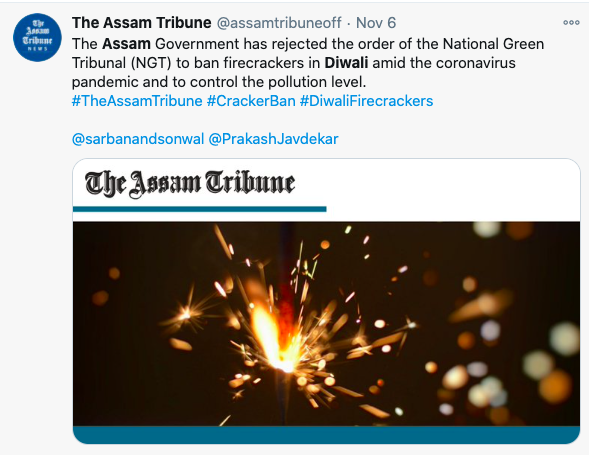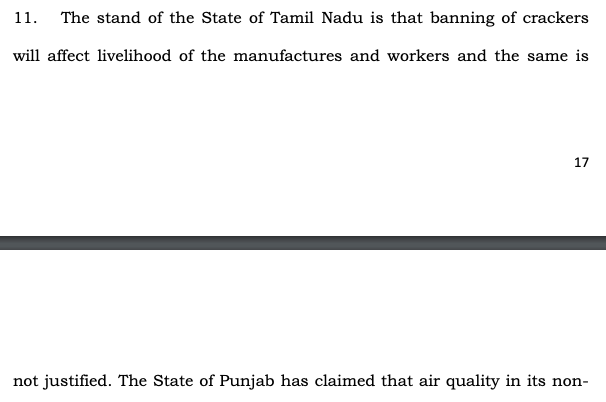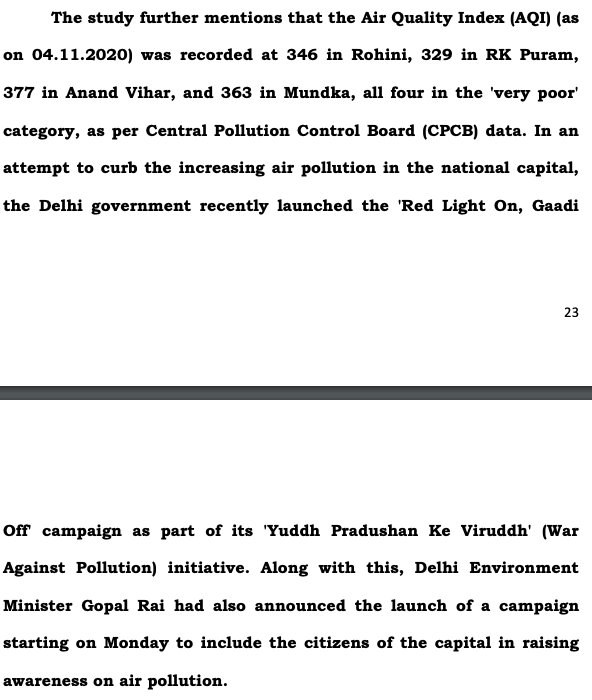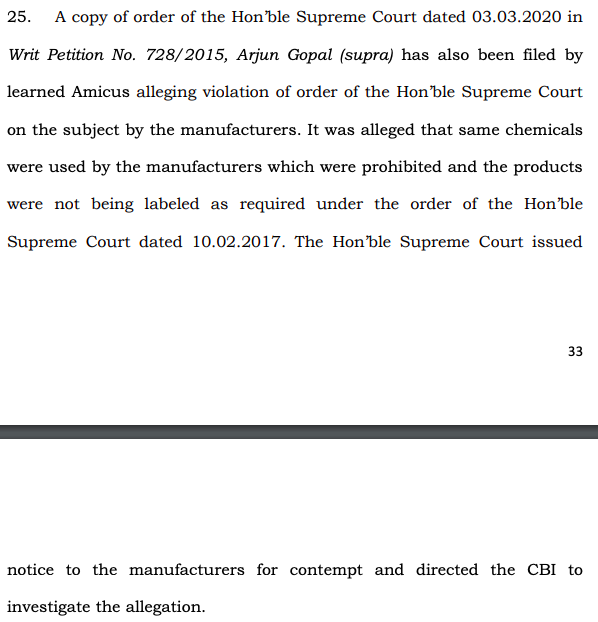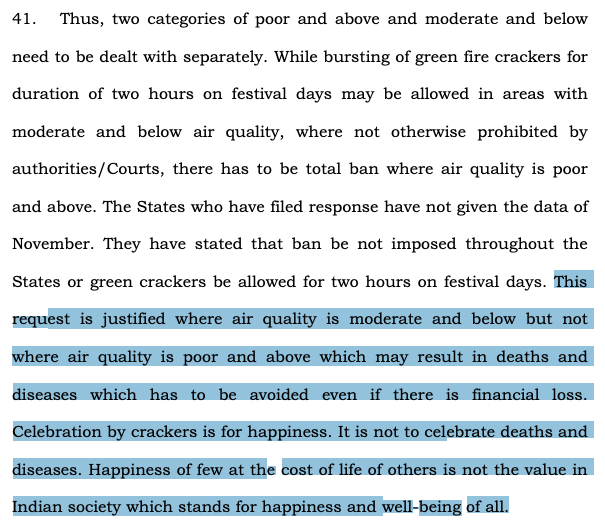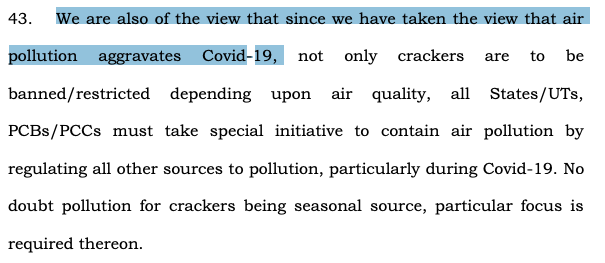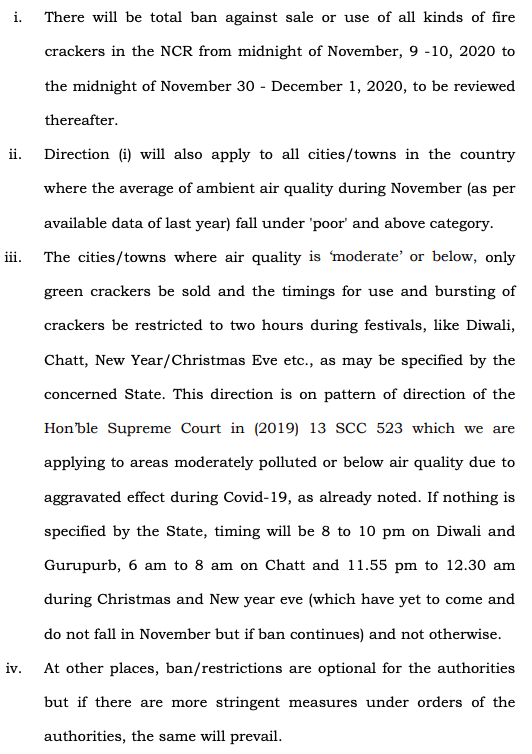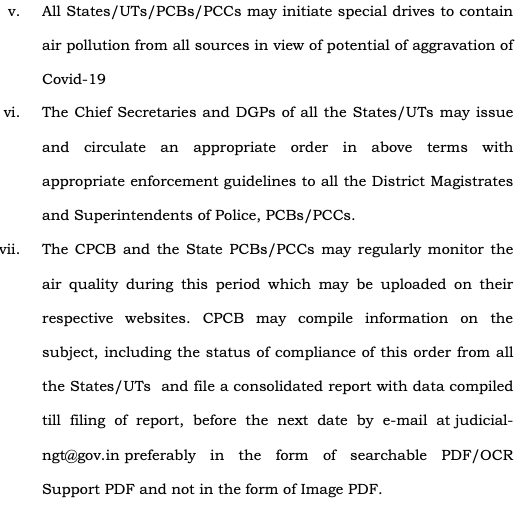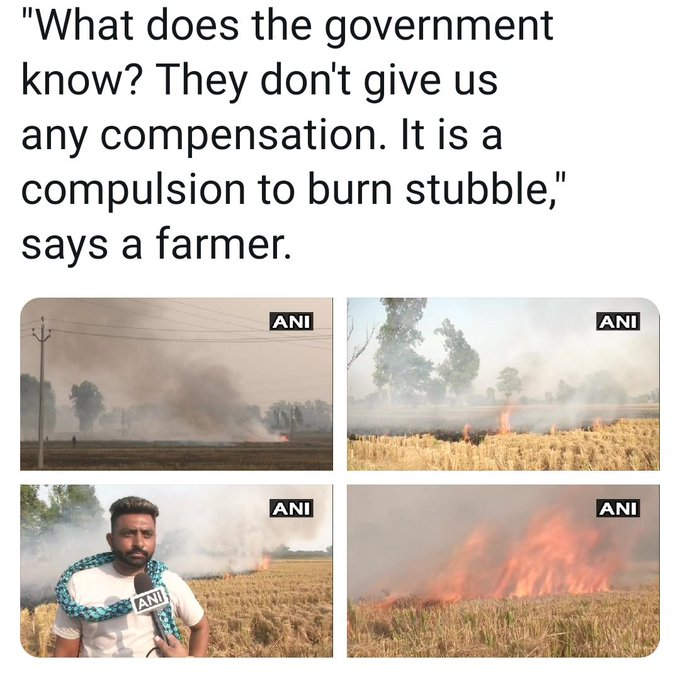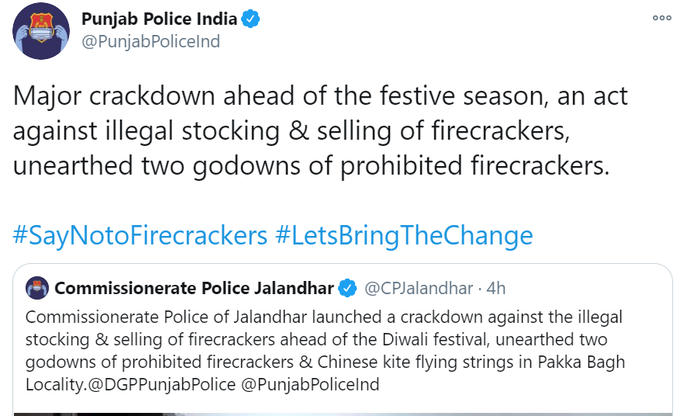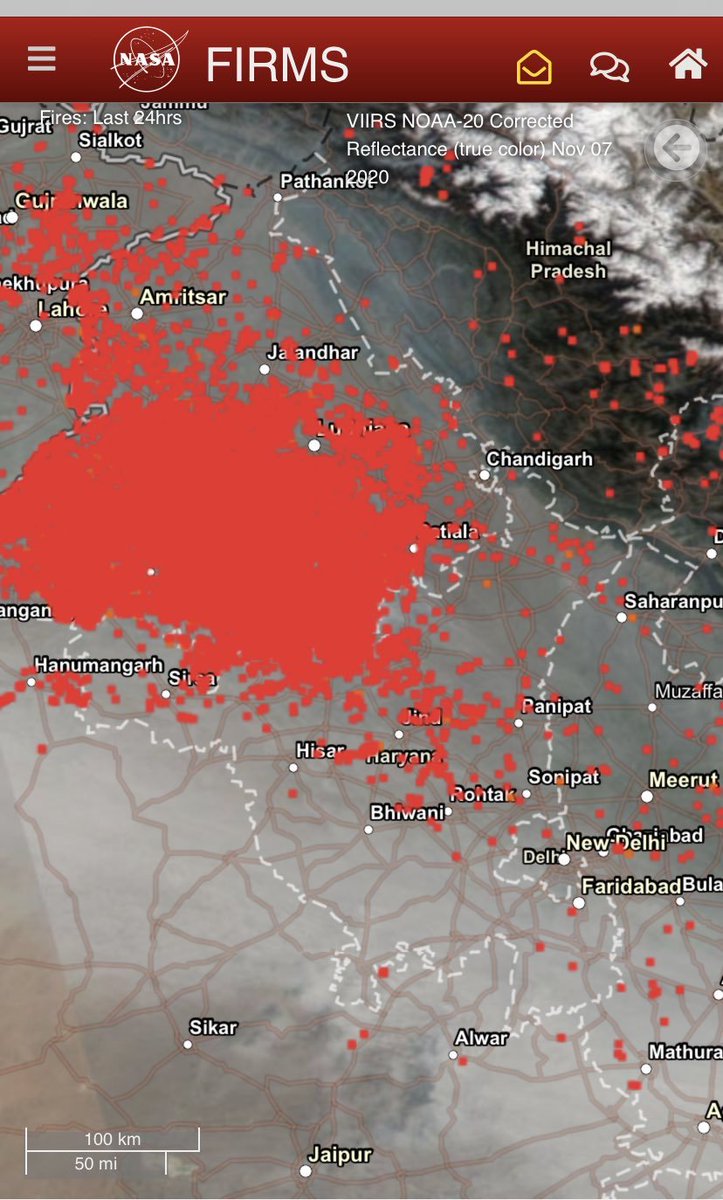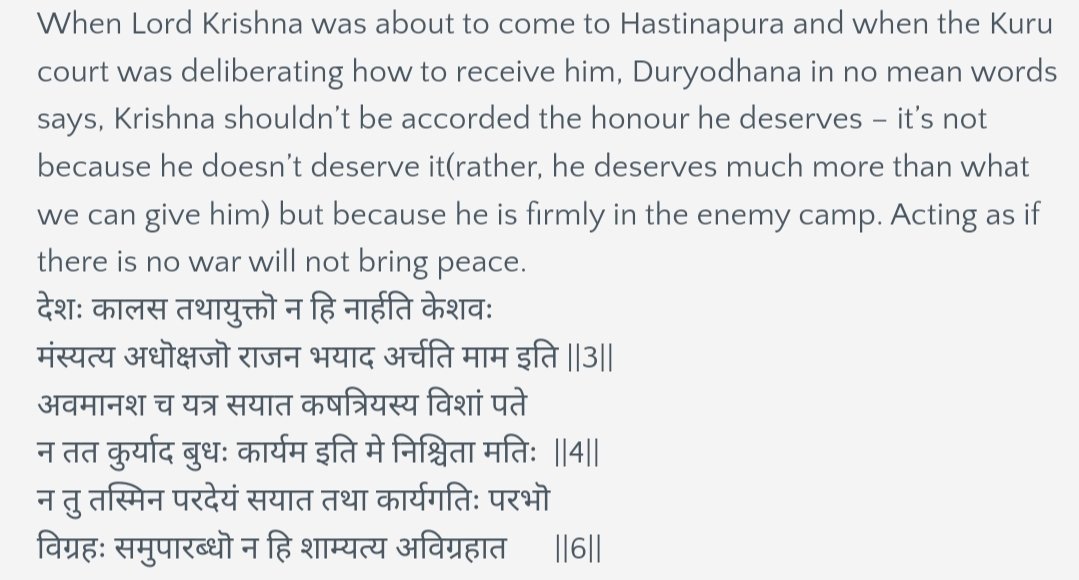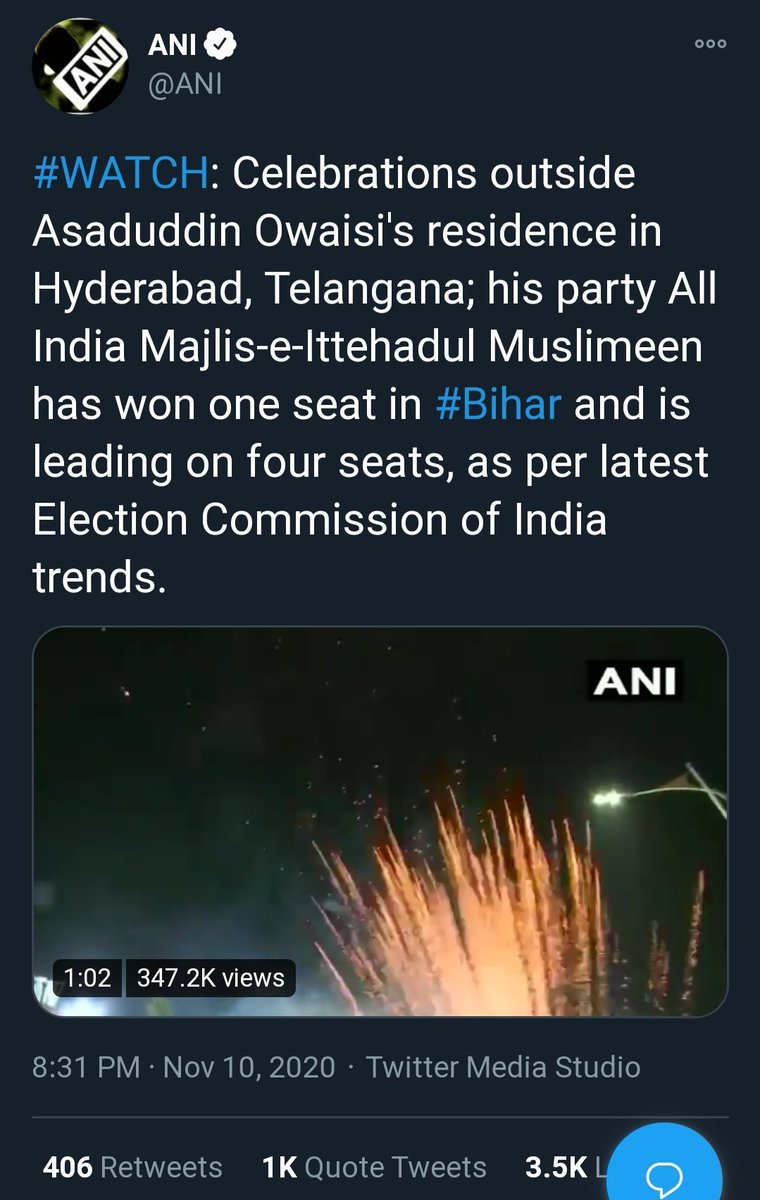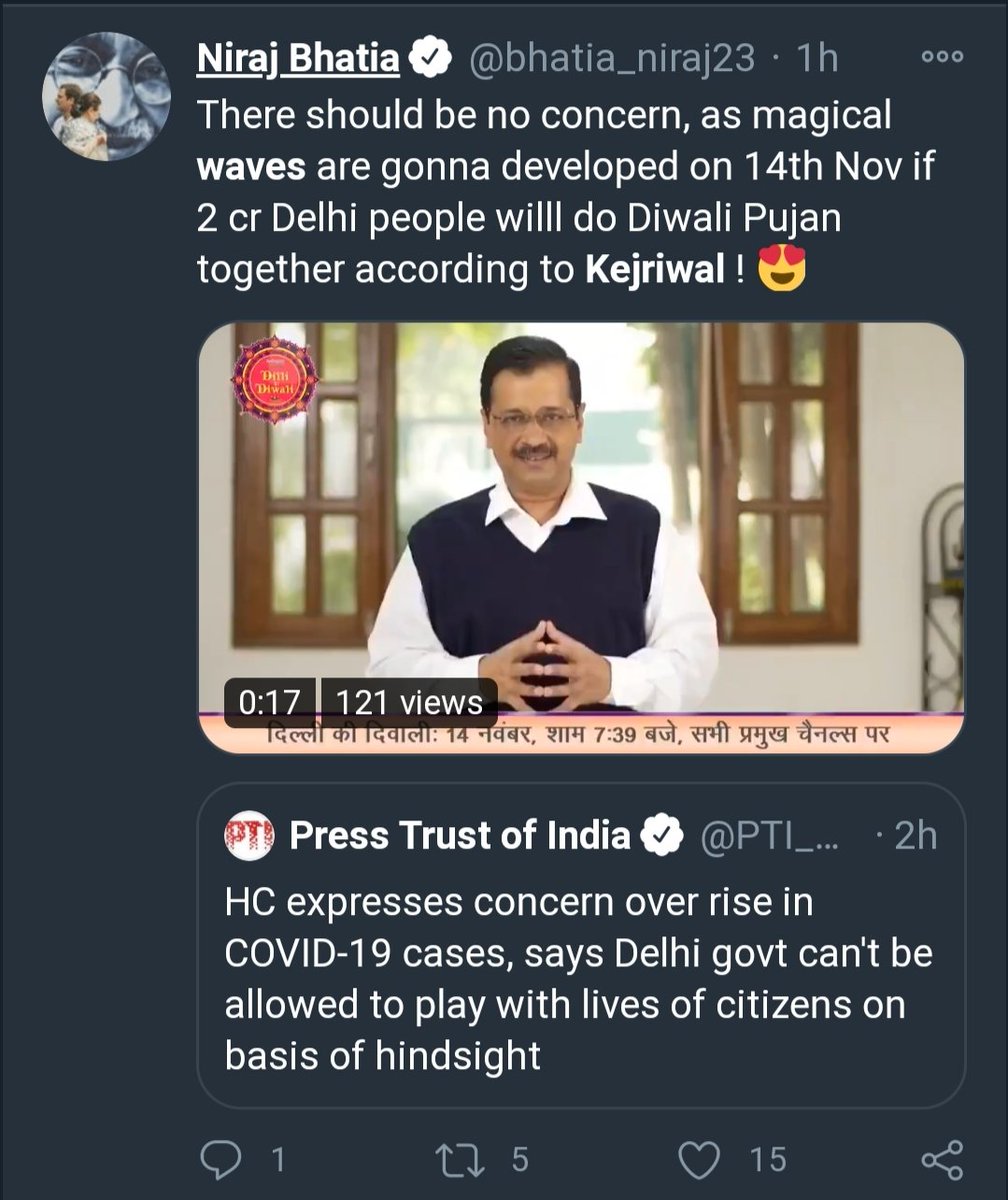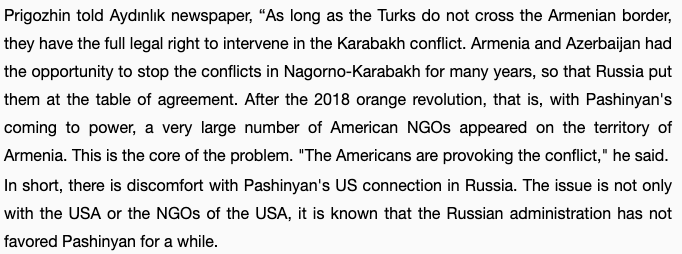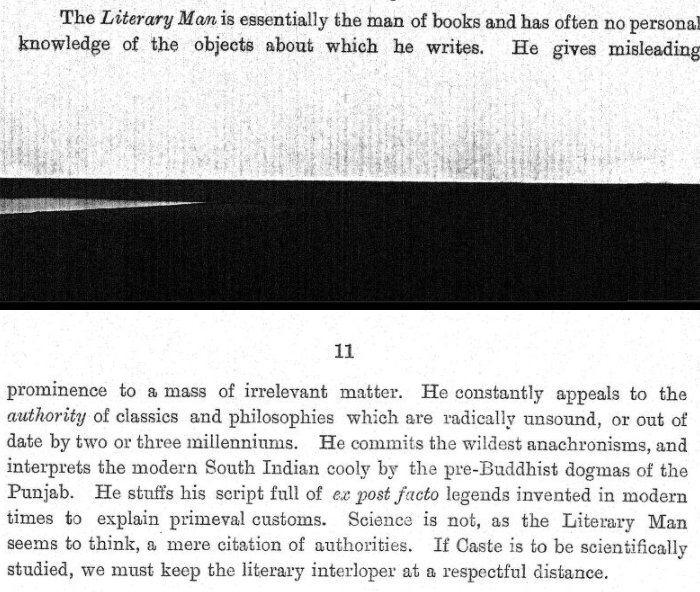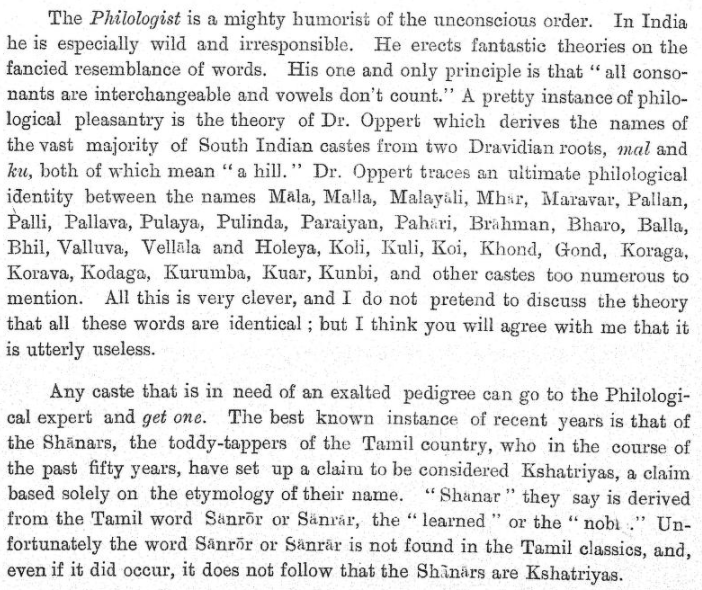
Let me run through the NGT report on Diwali. I am still scratching my head to understand on what scientific grounds the decision is made. The reading I am getting here is, because winter has more pollution, let's ban Diwali. How is Diwali related to general winter pollution? 
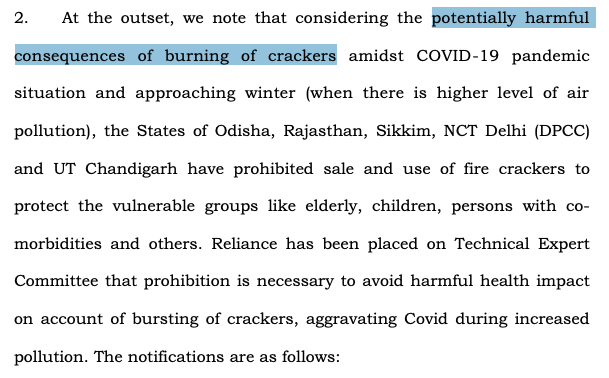
I completely understand Delhi is heavily polluted. Do we know what part of Delhi's pollution is because of Diwali? 
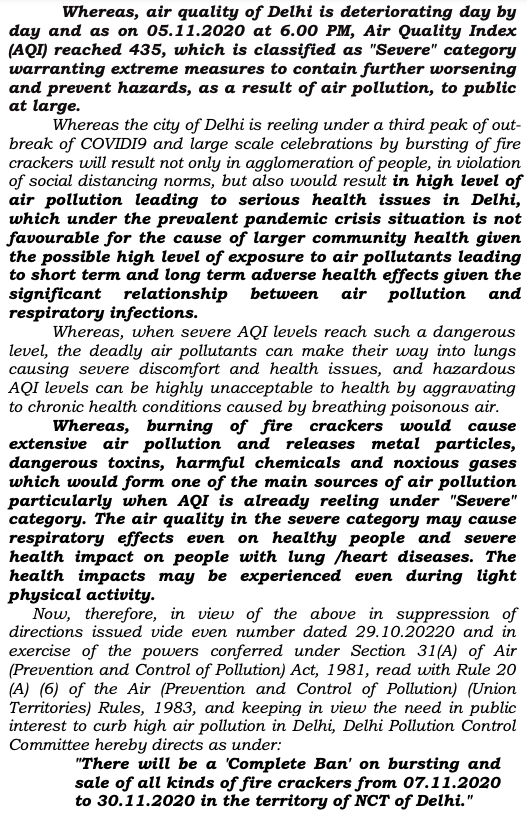
Some data.
1. Diwali crackers aren't a major shareholder in Delhi's pollution
2. The impact of Diwali pollution stays only for 2-3 days. After that, it gets to become normal.
Do we have any data to prove these two days contribute the maximum respiratory cases in the whole year?

1. Diwali crackers aren't a major shareholder in Delhi's pollution
2. The impact of Diwali pollution stays only for 2-3 days. After that, it gets to become normal.
Do we have any data to prove these two days contribute the maximum respiratory cases in the whole year?
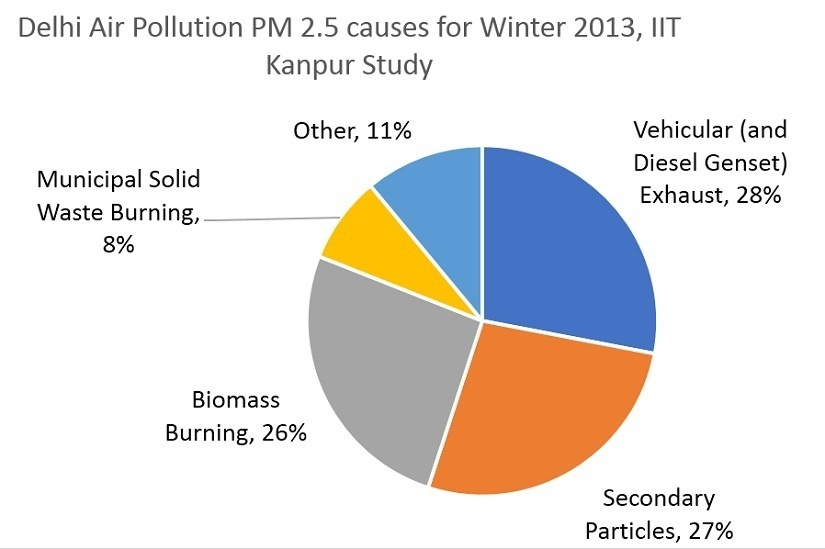

Legalities apart. This is what the petition(we know who and all were a part of that) said. Do we have data to support this? Gas Chamber is an interesting word. What's the inspiration? 
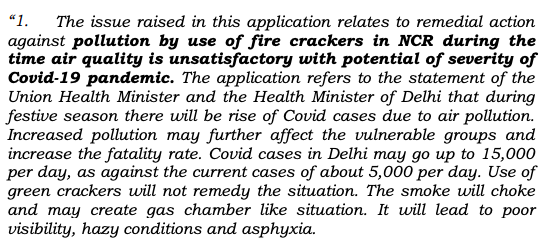
Come on. There should be at least one statement which stands scientific scrutiny in a paragraph which is explicitly highlighted. 
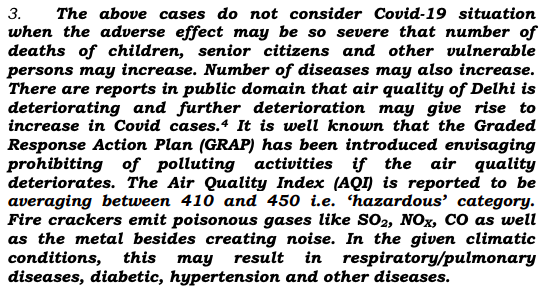
Ah...the dangers of reading only the abstract and not the report. Did anyone miss the elephant in the room? 

Another one from the report. If people are sensitive to pollution, why blame Diwali and not their lifestyles? 

BOOM!! The disclaimer. We feel that both may be related. May be, we need to research more. Other words, it is one of those curios which should be treated as a curio, not as a proof in a court of law. 
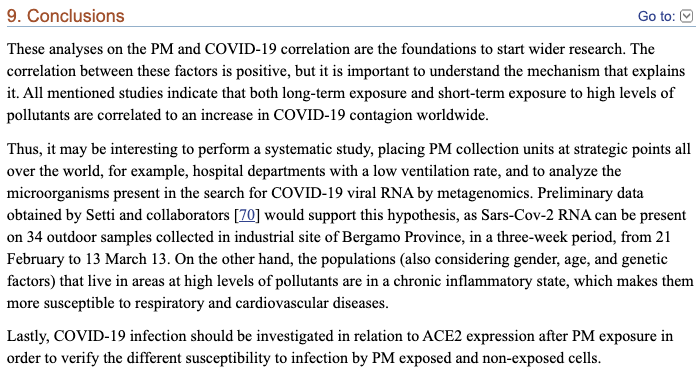
I am screaming here for some solid data and all I get is a just another statement. Now, if pollution is increasing year on year, what exactly is the government doing rather than blaming a certain festival or a way of life? 

Seriously? Refer to the second snapshot. It's not actually tough to find it. It's a different thing that Diwali is not the major pollutant but people selling Diwali crackers are earning money at the cost of lives. 

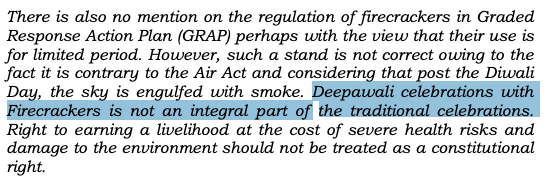
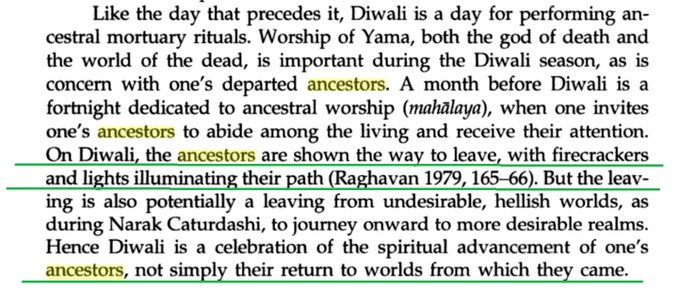
The whole section is like this. No data, no correlation, only rhetoric.
This is real fun. "Instead, we can prove that Diwali crackers won't cause more deaths than the usual - even Wuhan Virus". 
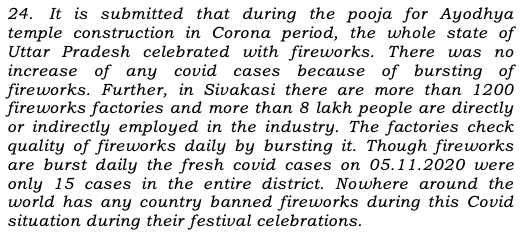
Now comes the real data. 42% due to stubble burning, but let's ban crackers which cause 0.1% of pollution 

There are a bundle of submissions on the same line - air pollution and COVID. But, is there any study on Delhi's pollution and Diwali's share on it? 

Older graph again. There is no consistent uptick but only a sudden spike like of Delhi Riots. Is it that serious an issue to warrant a ban? OTOH, do we have any data to prove that a ban on this one day will substantially contribute to Delhi's pollution year-round? 
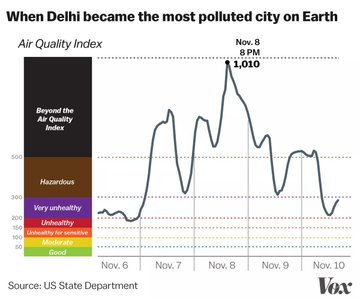
This is selective nitpicking. Do we have data 30 days before and after Diwali? You just can't compare your expenses on salary day with the day before you get salary. 

I still don't get it. When controlling stubble burning and declaring Work From Home for non-essential services for 15 days post Diwali will control pollution much more than Diwali, why are we flogging the smallest kid in the block? 
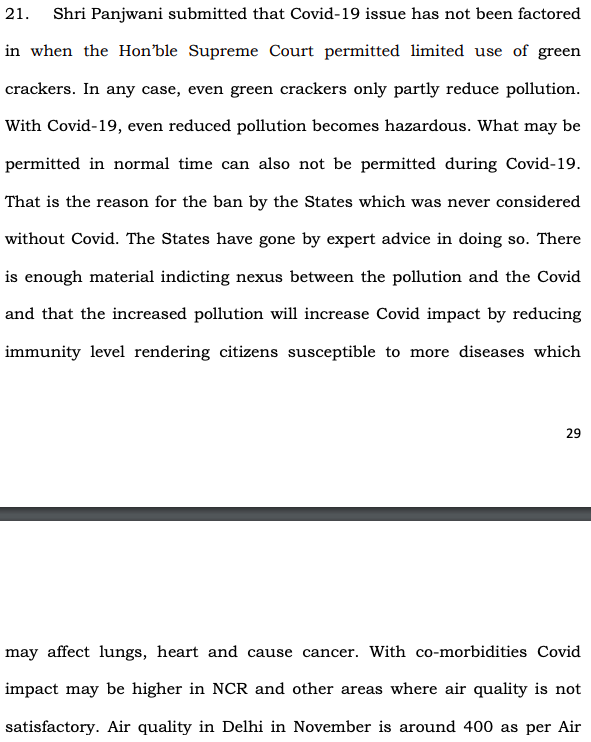
So, we don't know whether Diwali will affect Wuhan Virus patients or not, but, let's be cautious. Why can't the caution be extended to something secular instead, like issuing a bicycle to the learned lawyer? 

Fireworks happened. And numbers crashed from 726 to 162 in two days. Because people saw fireworks? Or because fireworks healed them? Again I ask. What I need is data, not rhetoric. 


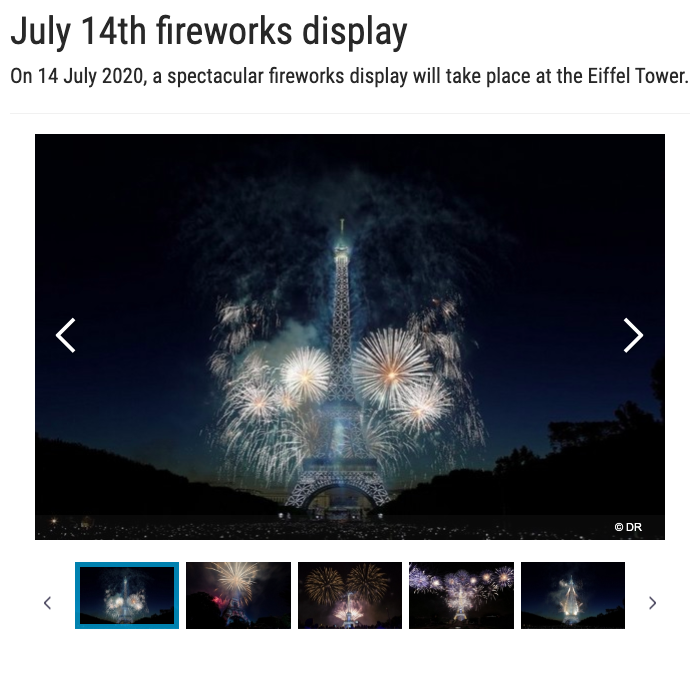
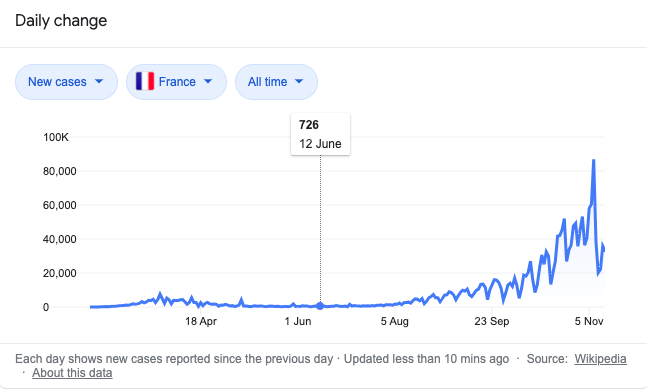

Now, the question is this. When France didn't stop bursting crackers for Bastille Day, why should India stop bursting crackers for Diwali?
What data do we have to prove that this winter spike is because of Diwali? Everyone seems to be throwing facts and curios just like that. 
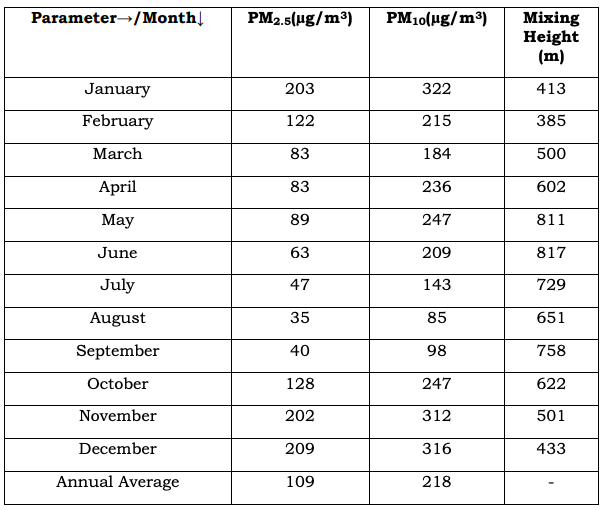
So, what does the NGT say?
1. Ditch everything unrelated to Wuhan Virus. Different thing that as to data related to Wuhan Virus, we don't have any data.
1. Ditch everything unrelated to Wuhan Virus. Different thing that as to data related to Wuhan Virus, we don't have any data.
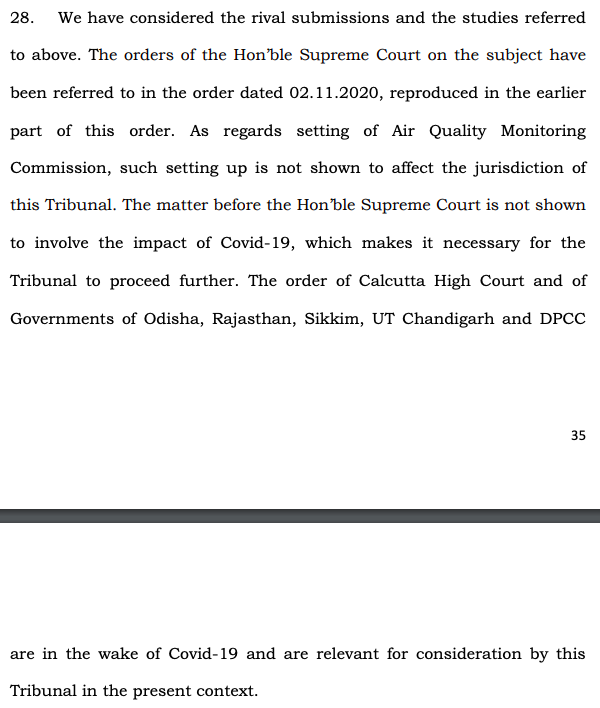
And the fun part? The whole judgement is based on assumptions that firecrackers will aggravate Wuhan Virus.
2. You can't do business at the expense of lives.
2. You can't do business at the expense of lives.
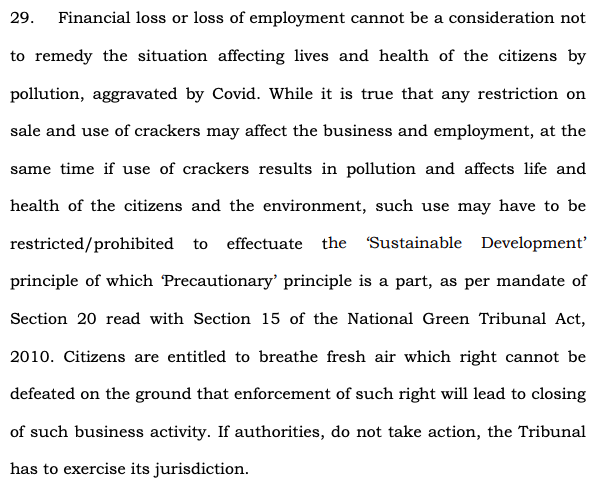
The learned Gopal whatever is increasing carbon dioxide levels in the court room by breathing. Shall we ask him to stop breathing as a precautionary principle? 
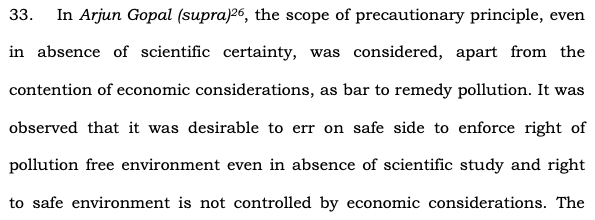
Wait a minute. You banned brick kilns to control pollution, fine. Did you factor in the additional pollution incurred by bringing in bricks from distant places by road? Did you confirm whether Brick Kilns in NCR will pollute more or will vehicles bringing bricks from elsewhere? 

Let's refer to an old judgement of ours which says crackers should be banned. Is there a mention of it in the original guidelines? We don't know. 
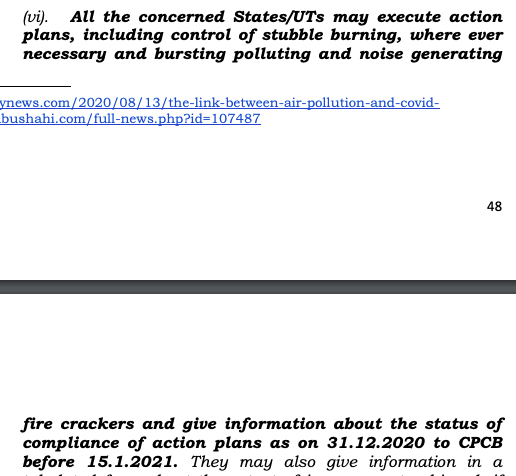
Synopsis:
Bulverism: I don't know whether you are right or wrong, but I have already decided you are wrong and will try to explain to you why you are wrong.
I can't find any other word which defines this 58 page long judgement better.
Bulverism: I don't know whether you are right or wrong, but I have already decided you are wrong and will try to explain to you why you are wrong.
I can't find any other word which defines this 58 page long judgement better.
1. There is no data to prove COVID and Firecrackers are related
2. There is no data telling how long Diwali pollution persists.
3. There is no data talking about Diwali's contribution to India's pollution
But, let's assume Firecrackers will aggravate COVID and let's ban them.
2. There is no data telling how long Diwali pollution persists.
3. There is no data talking about Diwali's contribution to India's pollution
But, let's assume Firecrackers will aggravate COVID and let's ban them.
Now, coming to something serious. Why is Delhi suffering? Stubble burning. What's the link between Punjab's stubble and Delhi? A Punjabi law. 
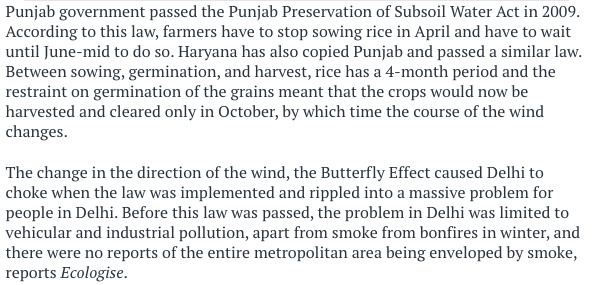
In spite of all this, the problem is not stubble. The problem is burning stubble after September. Instead of banning Diwali firecrackers, why don't we do a few things?
1. Repeal that law
2. Penalize the states which doesn't control stubble burning
1. Repeal that law
2. Penalize the states which doesn't control stubble burning
3. Strenthen public transport
4. Have mandatory Public Transport Days like on December 25, which is celebrated as Good Governance Day.
5. Promote use of bicycles, especially for government staff to cover short distances.
4. Have mandatory Public Transport Days like on December 25, which is celebrated as Good Governance Day.
5. Promote use of bicycles, especially for government staff to cover short distances.
Rather than banning something which we don't know will alter anything, I guess it's time we become more responsible and do something which matters. In fact, the energy we are wasting on trivialities like Diwali pollution which is a fraction of India's pollution,
which in itself is a fraction of California Wild Fires or Australian Bush fires and about which the world doesn't talk about, had we spent this energy elsewhere, we may have achieved something more productive. How many man hours are wasted on discussions about banning something
which we don't know if it will impact something - by the lawyers, by the researchers, by the judges, by the media and by common people - is it really worth it? Can we justify the time wasted over this? This is something for the whole country to think over.
Forgot to add this - over California Wild Fires and Australian Bush Fires. And these numbers are underquoted.
https://twitter.com/cbkwgl/status/1315394496415387649
• • •
Missing some Tweet in this thread? You can try to
force a refresh
